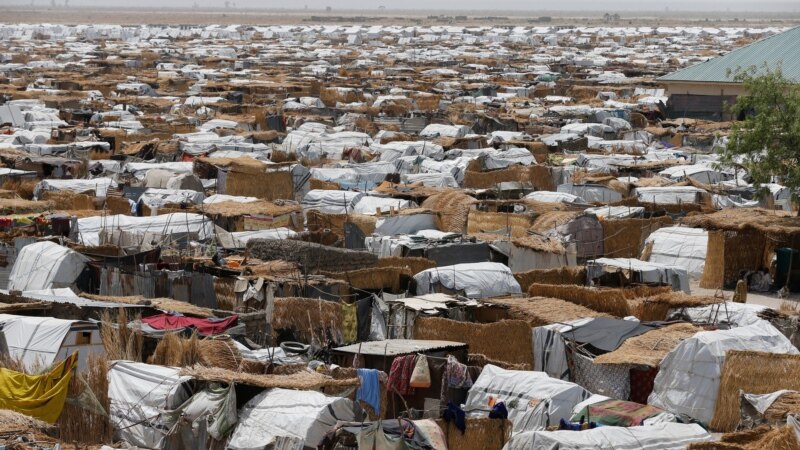The United Nations has condemned the reported mass kidnapping of more than 200 internally displaced persons (IDPs) in Nigeria’s Borno state last week. The UN Office of the Humanitarian Coordinator in Nigeria said the incident occurred when the victims, mainly women and children living in government-run camps, entered the forest in search of firewood.
The United Nations Resident and Humanitarian Coordinator in Nigeria, Mohammed Malik Fall, issued a statement criticizing the kidnappings and calling for the immediate release of the victims.
Most of the victims were women living in a refugee camp in the town of Gamboru Ngala, near Nigeria’s borders with Cameroon and Chad.
Fall said the incident, which occurred just days before commemorations of International Women’s Day, was a reminder that women and girls are among the groups most affected by conflict.
He also called on the Nigerian authorities to provide more employment opportunities for internally displaced persons in the camps so that they do not have to venture out and expose themselves to the threats of gangs and terrorists.
Details of the kidnapping are only now emerging as terrorists deliberately sabotaged telecommunications lines in the area, local media reported.
Security analyst Kabiru Adamu said he had been monitoring the situation.
“This started happening earlier this week. We first heard there were 139 people and later we heard 350 people. It wasn’t just one camp but about three camps. So it’s difficult to determine the number of people affected number of people,” he said. “As far as we know, the state government has set up an emergency response team and that team is there.”
Neither the Borno state government nor federal authorities have commented on the kidnapping, and no one has claimed responsibility.
Borno is where the Boko Haram insurgency launched in 2009. This week, the state government said 95 per cent of Boko Haram terrorists are either dead or have surrendered to authorities.
Adamu said the claims may be true, but noted that many areas in Borno remain unsafe.
“At last count, over 80,000 families and members of these groups have surrendered to the Nigerian military or the Borno State government. So, yes, success is being achieved, [but] “Unfortunately, what we would call overall success has not been achieved,” he said. “The government has the ability to prevent these groups from raising funds, and I don’t think the Nigerian government is doing enough. ”
Nigeria has a police force of approximately 300,000 people, controlled by the federal government. But for the first time, the government and Nigeria’s 36 states are seeking to establish state police forces.
Security analyst Mike Ejiofor said it would be a step in the right direction.
“We need new measures,” Ejiofor said. “That’s why I was excited when the president and governor supported the creation of state police. Security challenges are local and we have to find local solutions.” To be effective. “
However, the state police force’s plans have drawn criticism from those who say officers could use officers for ulterior motives.
Follow us on Google news ,Twitter , and Join Whatsapp Group of thelocalreport.in
